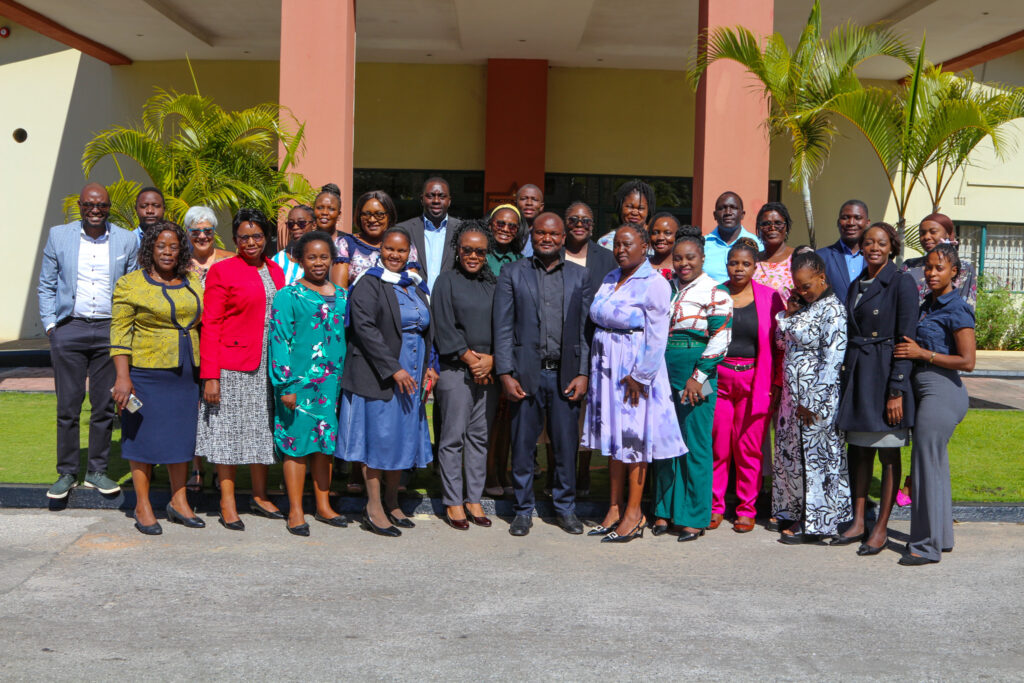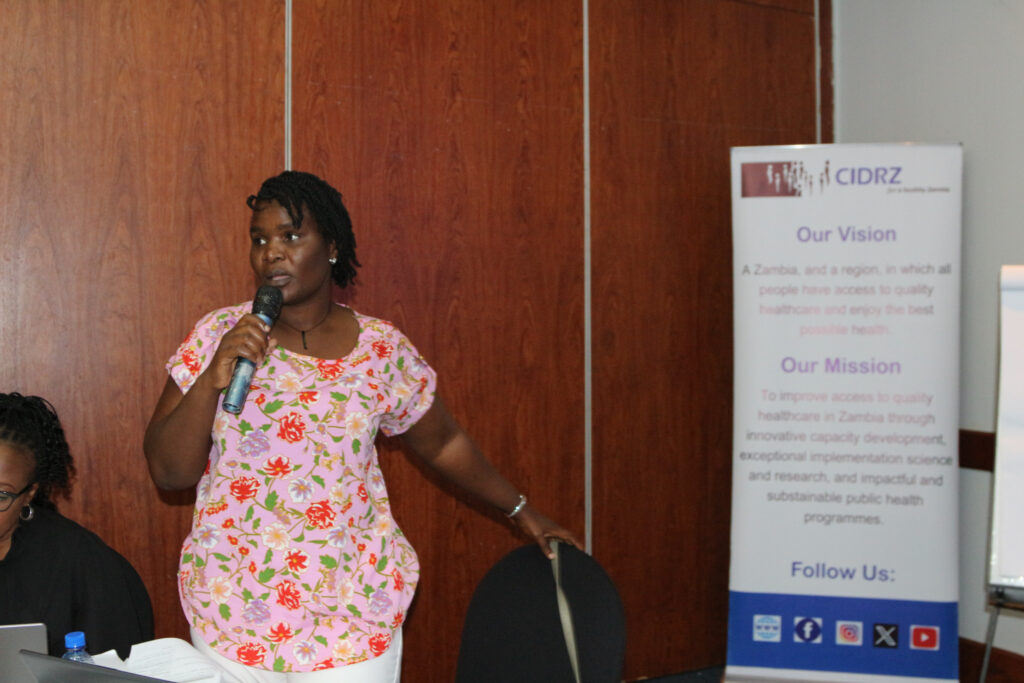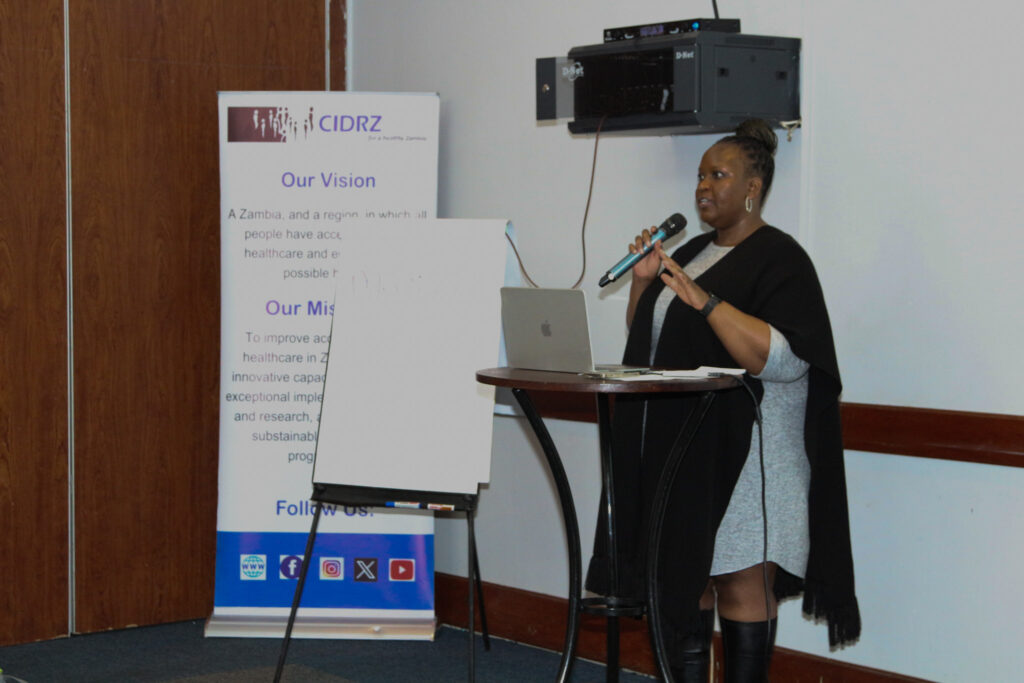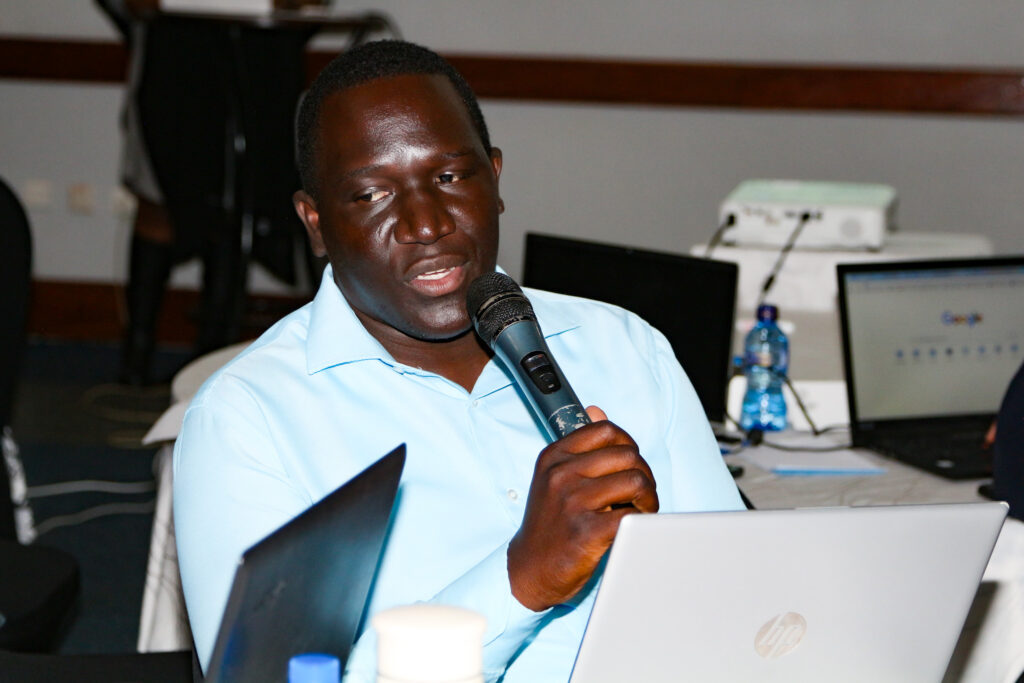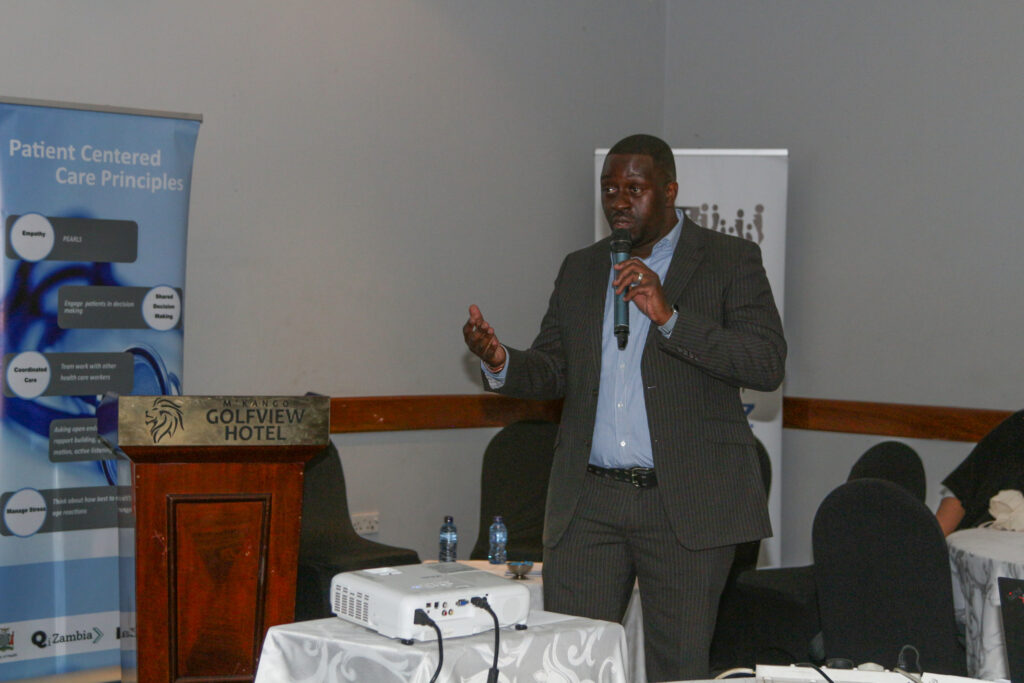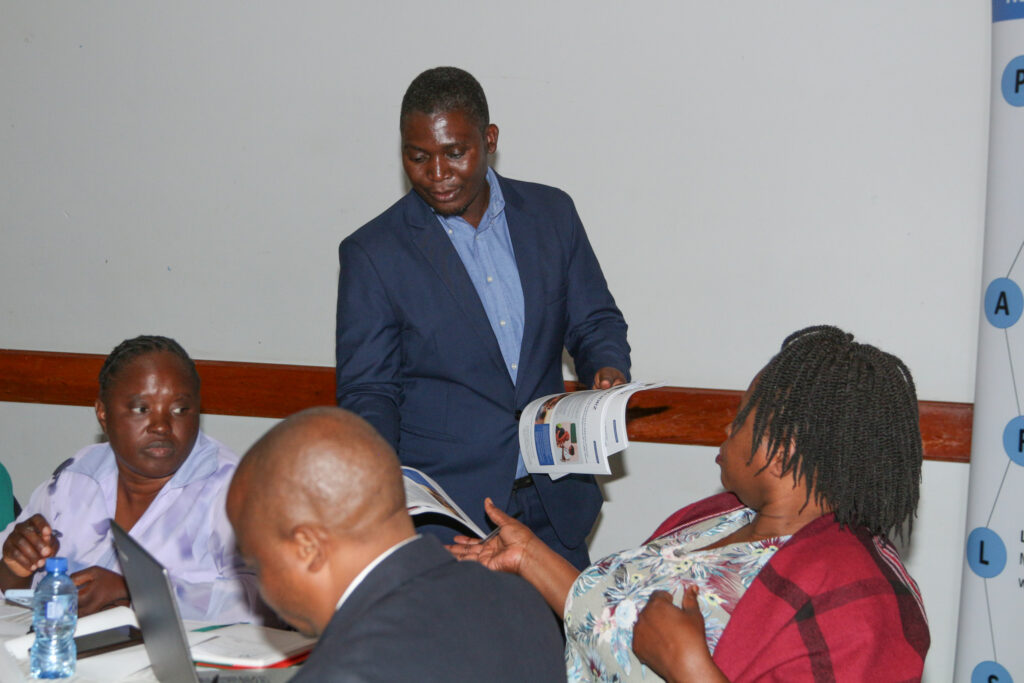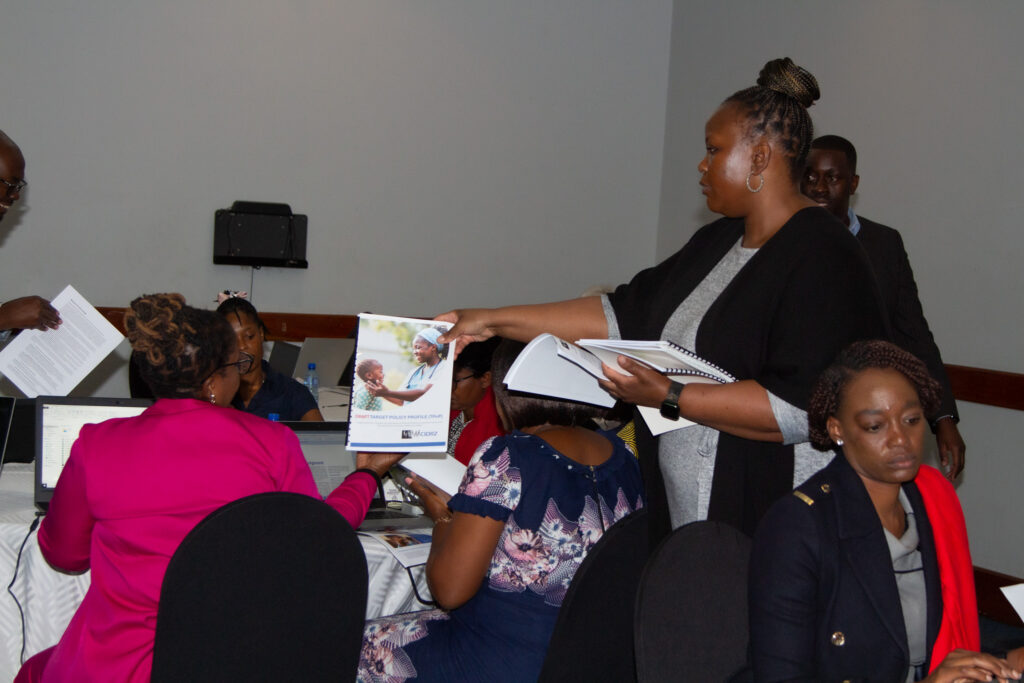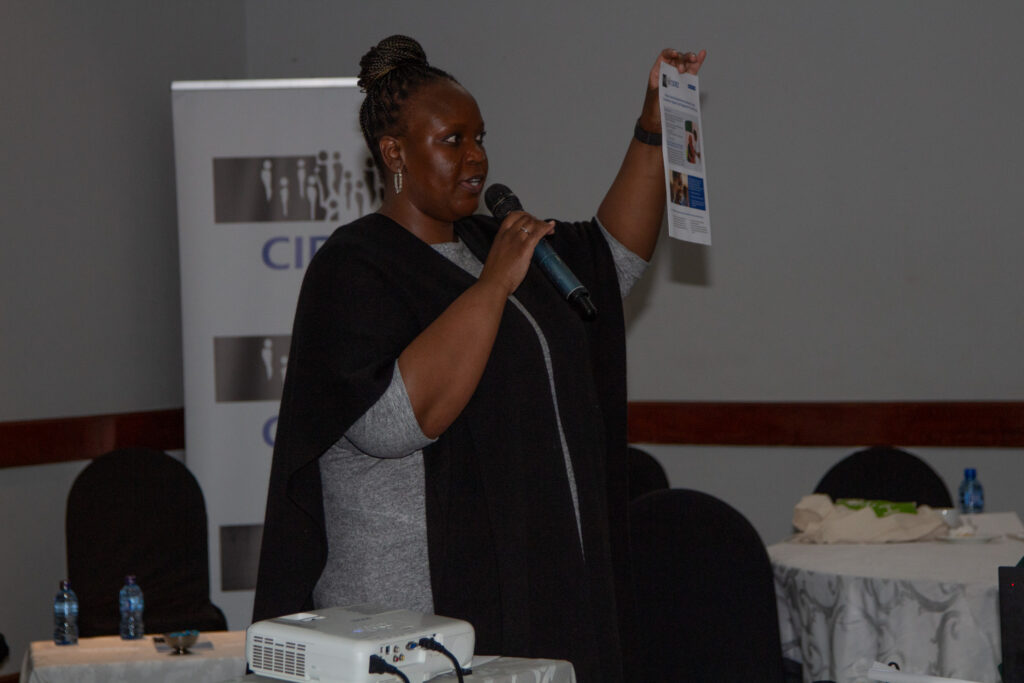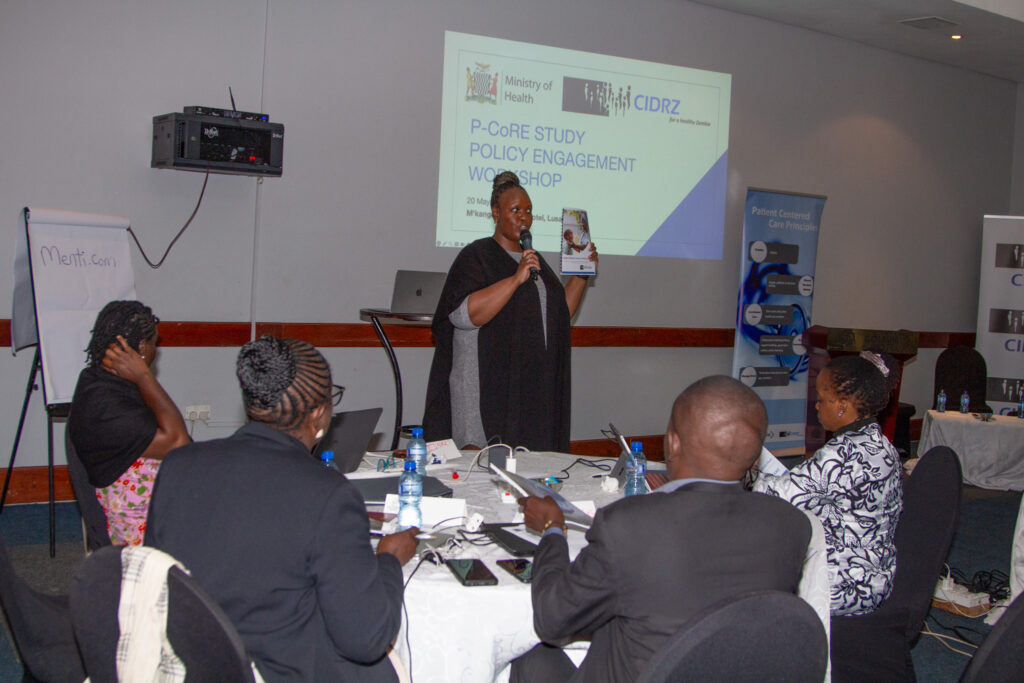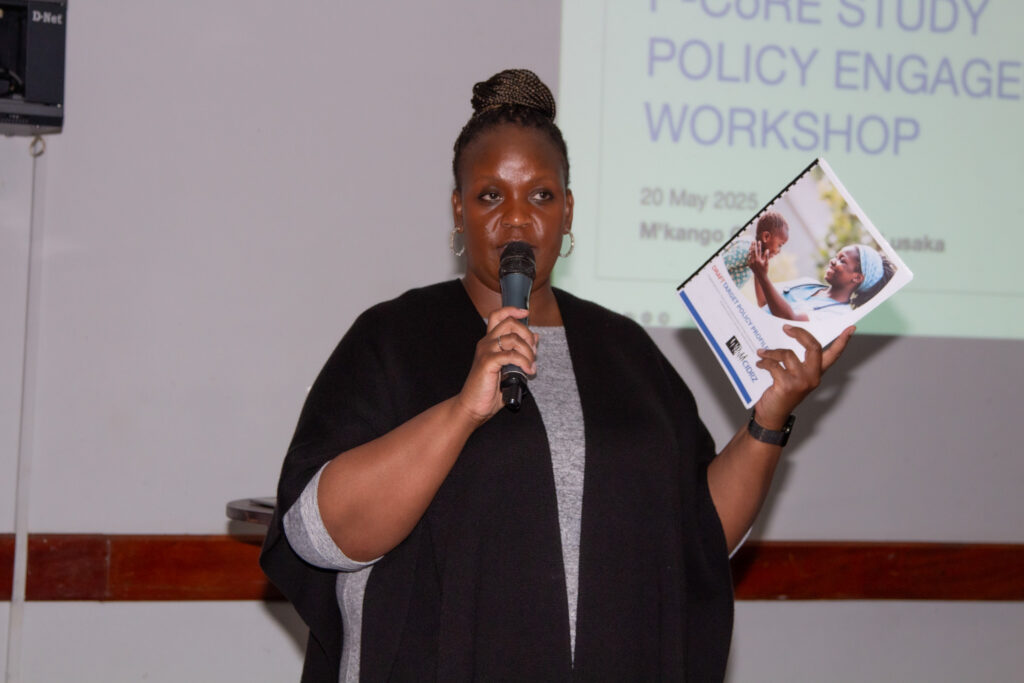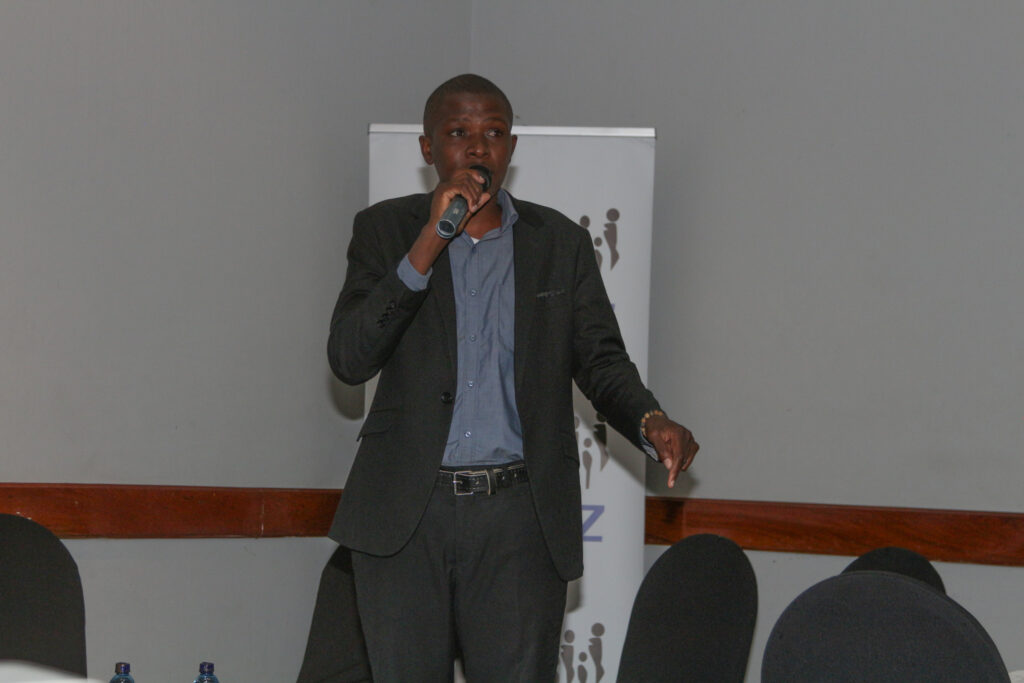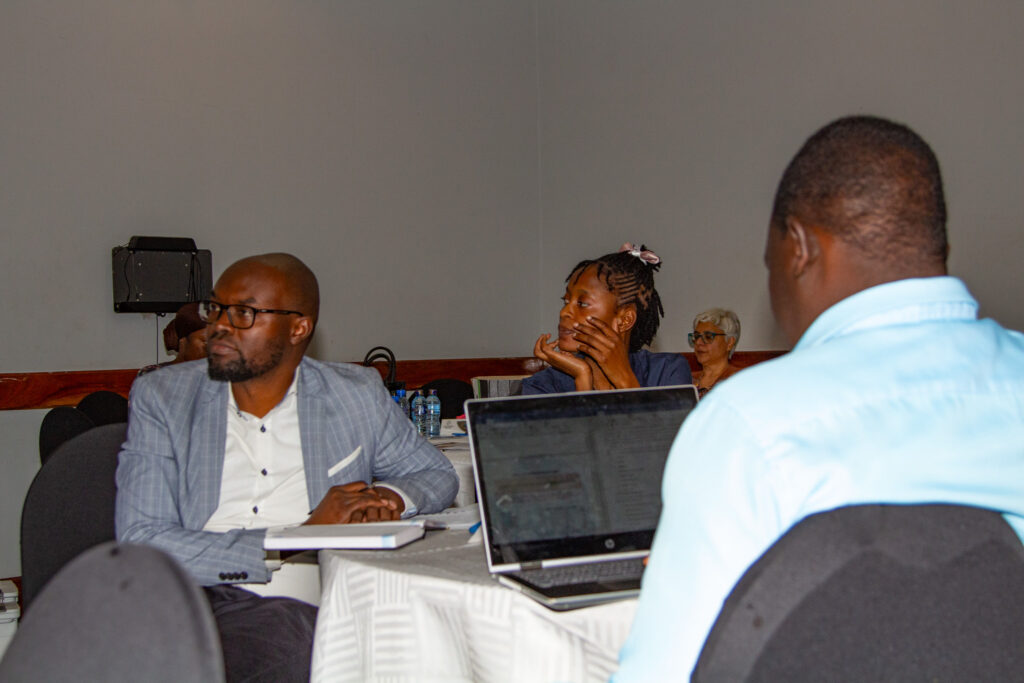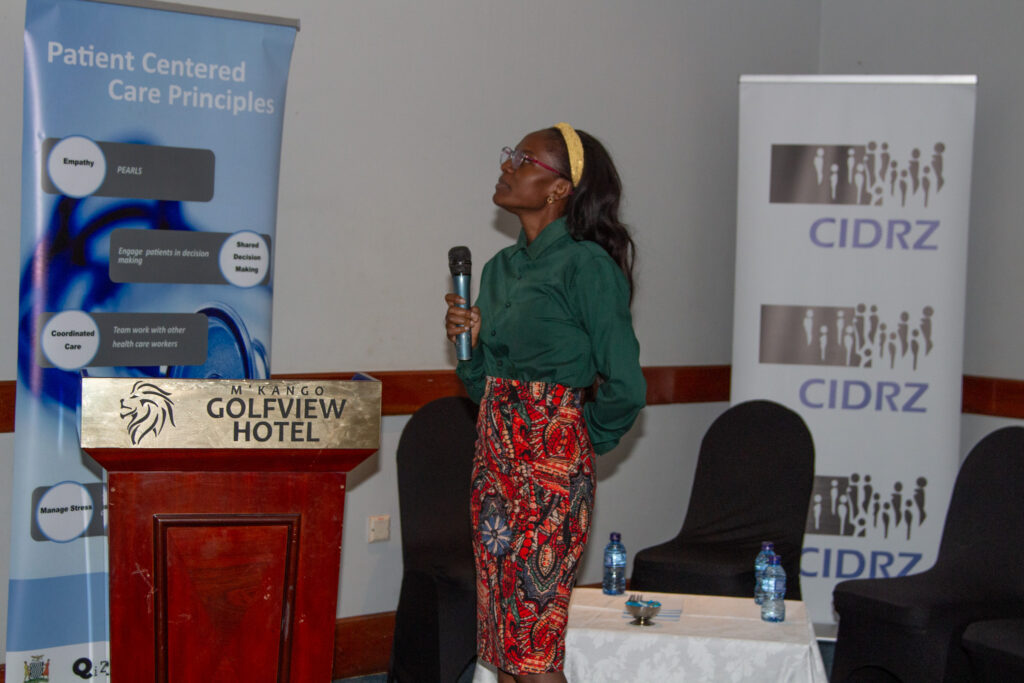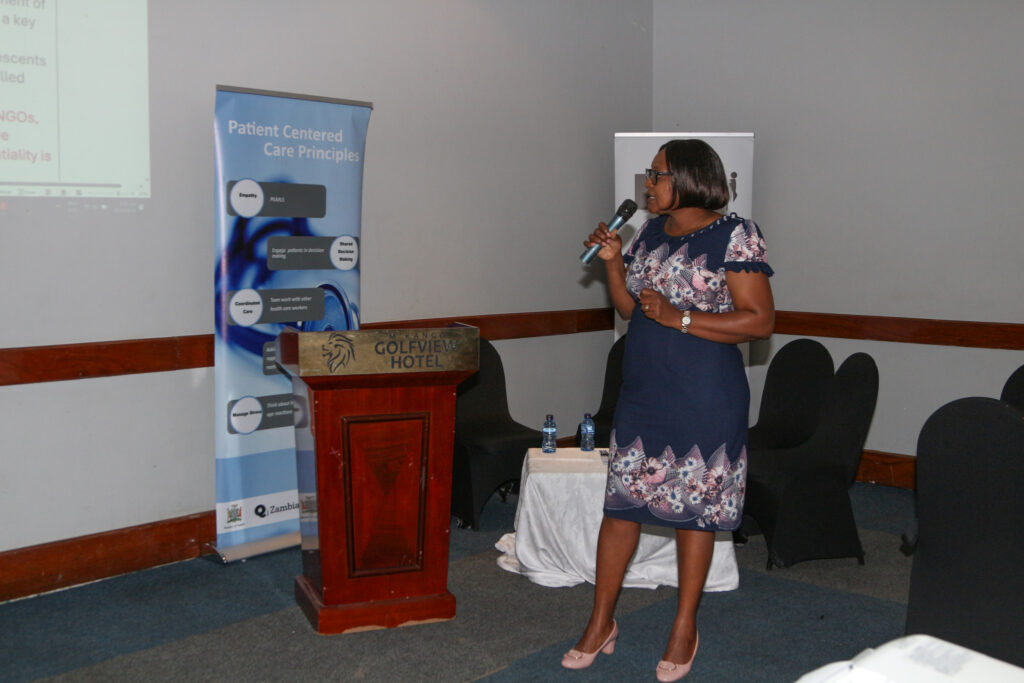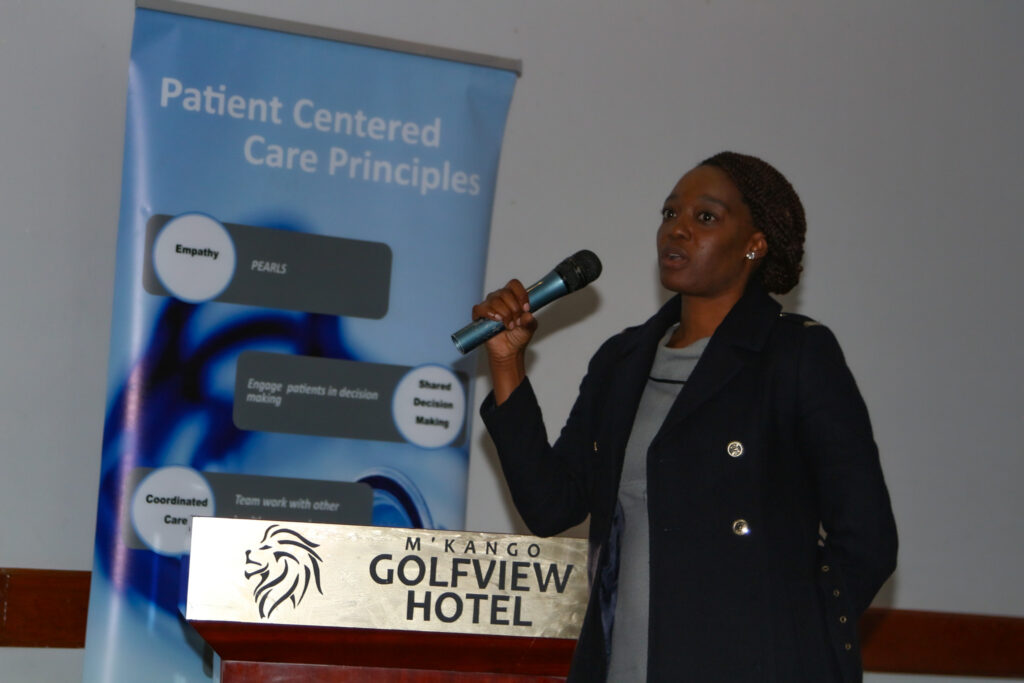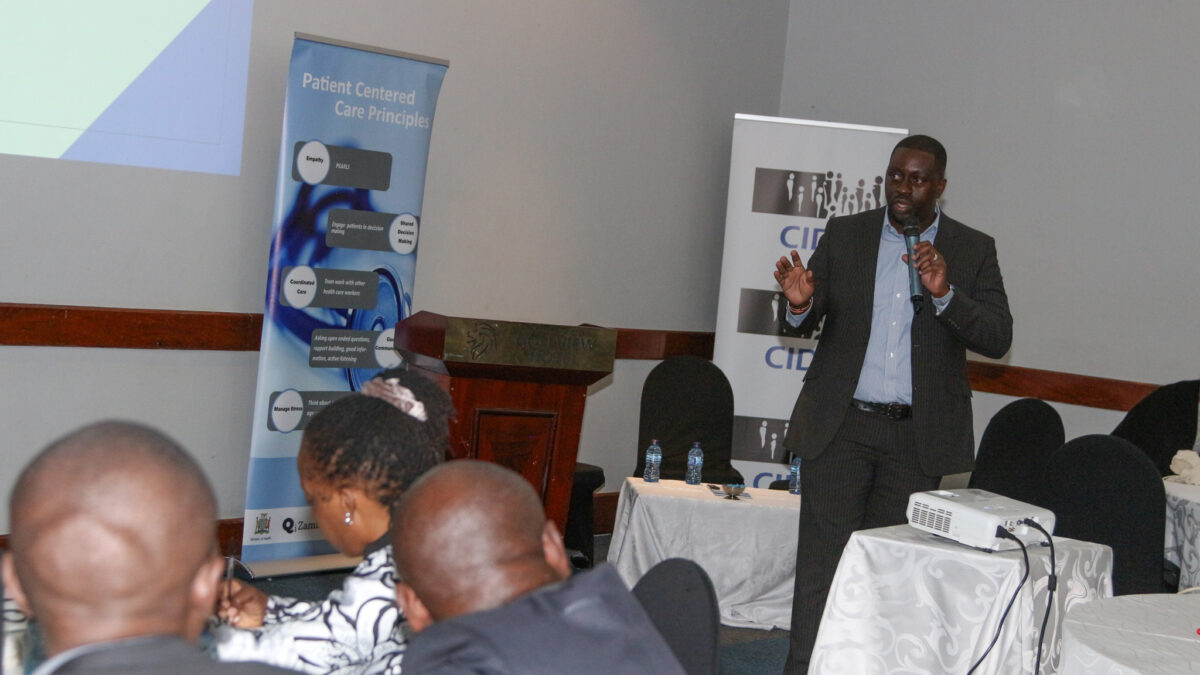
CIDRZ, LPHO, and CDC Conclude Semi-Annual Planning Meeting in Chongwe.
May 22, 2025
CIDRZ Receives a State-of-the-Art BD Fortessa X20 Flow Cytometer, Bolstering its Immunology Assay Capabilities
May 29, 2025Addressing disruptions in HIV care remains a critical component in improving the effectiveness of HIV prevention and treatment efforts. As Zambia continues to strive toward the UNAIDS 95-95-95 targets, one of the key challenges is ensuring continuity of care for people living with HIV (PLWH). In sub-Saharan Africa, frequent cycling in and out of care has led to treatment gaps, high viral loads and, ultimately, higher mortality.
In response to this challenge, the Centre for Infectious Disease Research in Zambia (CIDRZ) ), in collaboration with the Ministry of Health, is implementing the Person-Centred Approaches to Address Viremia: Connection, Rapport and Engagement (P-CoRE) study. This initiative is designed to develop and test a tailored, scalable, and sustainable person-centred care (PCC) package for addressing high viral loads in disproportionally affected populations.
As part of this effort, CIDRZ recently hosted an HIV Policy Stakeholder Engagement workshop aimed at laying the foundation for policy dialogue and identifying critical evidence needed to support and guide responsive, evidence-based health decisions.
Speaking on behalf of Ministry of Health during the workshop, Chongwe District Health Director, Dr Mweene Nseluke, commended CIDRZ for spearheading the P-CoRE Study. He highlighted its potential to enhance viral load monitoring and engagement strategies, especially for individuals at the highest risk of disengagement and high viral load.
Dr Nseluke said the P-CoRE Study has the potential to inform improvements to key documents such as the Zambia Consolidated Guidelines for Treatment and Prevention of HIV Infection, helping integrate person-centred care principles across all levels of the healthcare system.
“For this reason, we are proud to collaborate with CIDRZ and all of you here today to ensure that the evidence generated by the study is aligned with our national policy needs and supports the broader integration of PCC across Zambia’s health system,” he said.
The workshop created a platform for stakeholders to engage in evidence-informed discussions to support improvements to Zambia’s HIV care guidelines.
Meanwhile, Mr Kombatende Sikombe, an Implementation Scientist and Co-Principal Investigator at CIDRZ expressed gratitude to all participants, noting that their input is vital to ensuring Zambia continues to advance its HIV care systems.
“Your contributions are helping us not only strengthen our health systems but also improve the overall patient experience. Together, we can ensure that our approaches remain adaptive, responsive, and centred on the needs of the people we serve,” he said.
The P-CoRE study exemplifies Zambia’s commitment to fostering innovation, improving retention in HIV care, and promoting health outcomes that are sustainable and inclusive.
